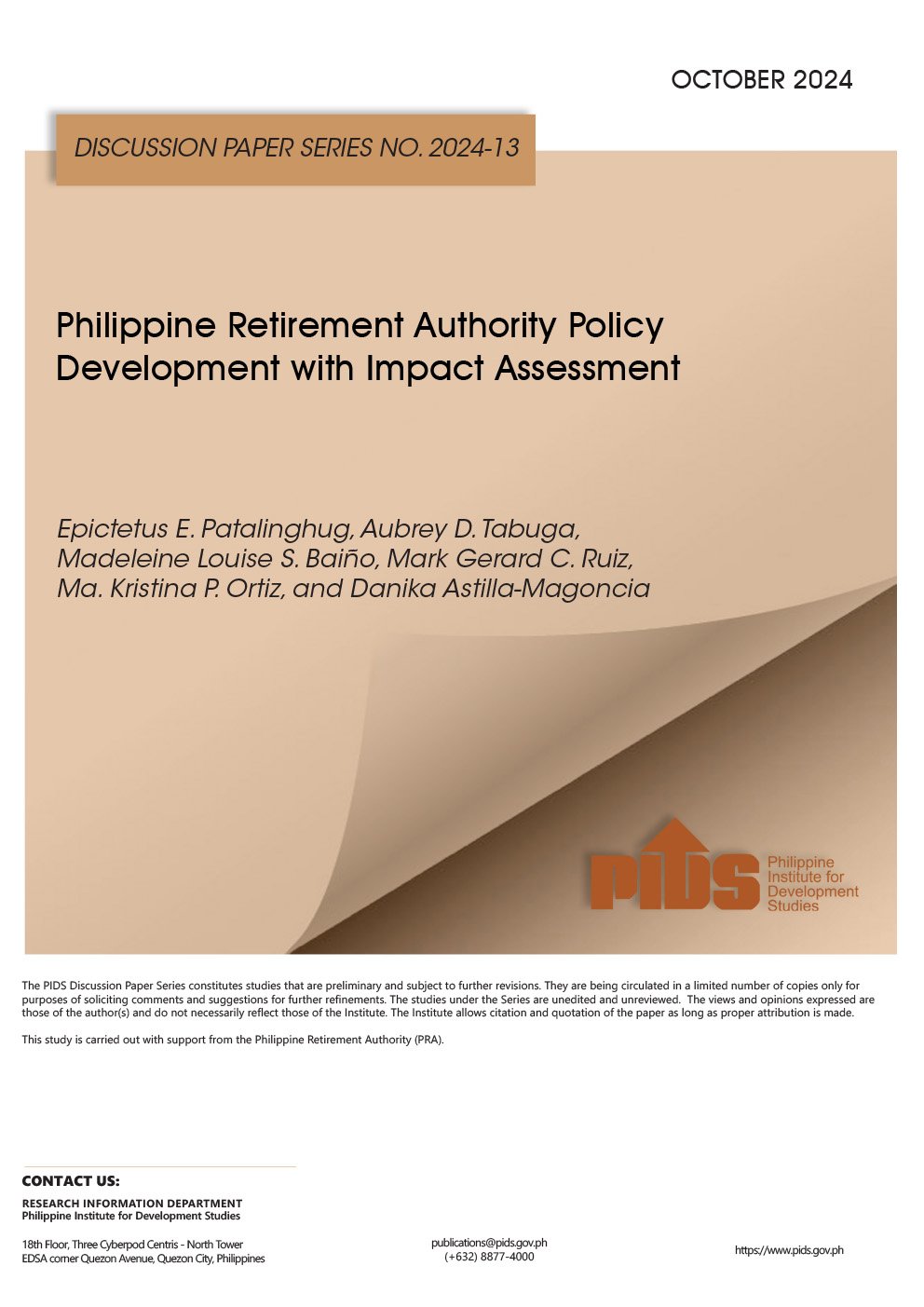LOCAL government units (LGUs) are being trained and reminded continuously to know how to profile the concrete issues, problems and needs of their people, covering economics (jobs, incomes, livelihood, resource control), basic services, infrastructures, environment, community conflicts, peace and order, and even politics or the dispensation of functions, powers and authority by local officials, and people's participation in governance, including tapping of academic institutions and development NGOs for certain programs and projects.
Local Government Support Fund (LGSF) and Assistance to Municipalities (formerly BUB and ADM) have been poured in billions of pesos in LGUs for basic infrastructures like roads, bridges, water systems, water impounding/ catchments, DRR center and equipment, drug rehab centers, and agri crops bagsakan centers among others. Unfortunately, not a few of these projects have been shortchanged by LGUs and went to the pockets of some officials and contractors which likewise undermined its supposed contribution to local economic development (LED) and people empowerment.
DILG mobilization of the Local Government Academy (LGA), Philippine Institute for Development Studies (PIDS) and State Universities and Colleges have been helpful in orientation and skills and other capacity building that benefit both its officials and personnel, and the LGUs.
DILG designation of local governance standards like the Seal of Good Local Governance (SGLG), Good Financial Housekeeping, Local Development Council’s functionality, Comprehensive Land Use Plan, Comprehensive Development Plan and Local Development Investment Plan, and linkage with national programs, among others, as requirements for funds and incentives support, are also important leveraging measures to force LGUs to be diligent on their roles and functions.
Knowing themselves per LGC mandate and as well as the needs, interests and aspirations of their people, their immediate and long term needs and concerns, and having funds support from central office and other national line agencies are certainly a big advantage for LGUs to ensure that their programs and projects will not be wasted but instead put to effective use in changing people’s quality of life and transforming communities.
But they are still not enough to stir and roll the LED. LGUs need a good grasp of the basics of economics, the market and entrepreneurship to spur LED.
First, as to whether the LGUs engage in business or not has already been answered by their corporate character and other enabling policies and legislations. However there is more to corporate business.
Second, LGUs must have business-minded and business-behavior people to be able to establish their comparative and competitive advantages given its assets (lands, resources, facilities, pool of talents and skills, territorial histories and traditions) – converted into products and services.
LGUs are not only to impose and collect taxes, spend their budget, receive their IRA shares, but must earn from the management and disposition of their assets and resources, among others.
Unfortunately, a number of LGUs are too expedient and lazy to be bothered by these because their IRAs, and other external funds support, are enough for their operations. They must earn not only for their internal operations and share to national government, but to spur LED, free and empower people, and improve the quality of life of their people.
This is where LGUs can partner with good business communities and institutions, academic institutions and even NGOs.
Three, LGUs should have business-like systems embedded in its local governance set up and not contended with its present bureaucratic set up, to ensure that its engagement in corporate business are characterized by effectiveness, efficiency, economies of scale, and truly entrepreneurial in its operations and management.












